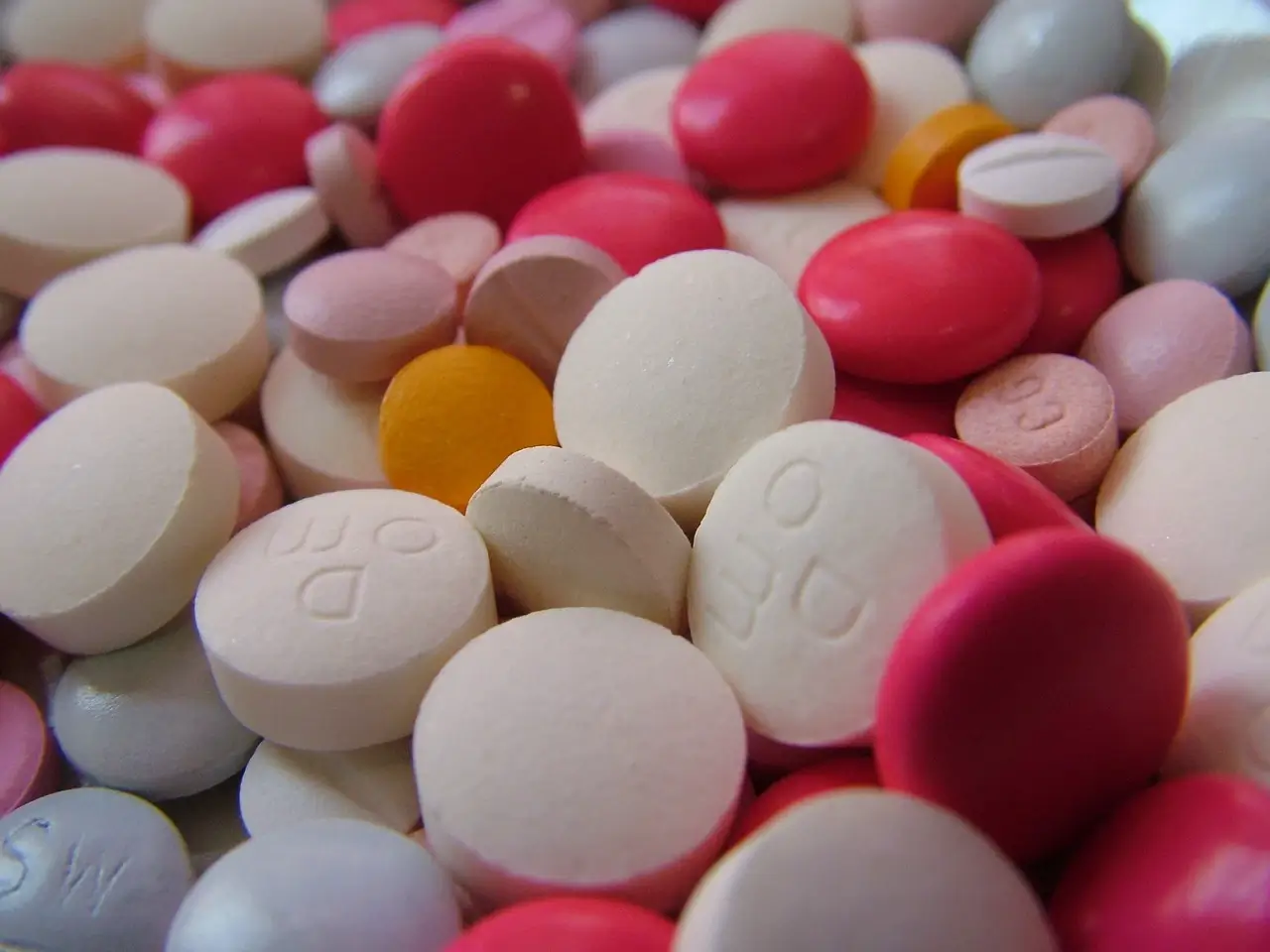By attaching to histamine H2 receptors on parietal cells in the stomach, histamine antagonists can inhibit the production of stomach acid for their intended purpose. A significant number of nations continue to make use of cimetidine, which was the first histamine H2-receptor antagonist to be commercially available. Antihistamines that are considered traditional also work by inhibiting histamine H2 receptors, but they do not impede the production of stomach acid. For the majority of individuals who suffer from chronic heartburn that does not respond to changes in lifestyle or other medications, H2 receptor antagonists are an effective treatment option. However, severe heartburn may be an indication of gastroesophageal reflux disease (GERD), which necessitates the use of a proton pump inhibitor (PPI) for treatment.
H2RAs have an action that lasts for several hours. They inhibit the corrosive effects of stomach acid that refluxes into the esophagus and generates a burning feeling commonly called heartburn. They can also be helpful for the symptomatic treatment of a peptic ulcer because acid suppression can allow healing to occur within a few days.
Efficacy of these medications is different from that of the benzylamine antihistamines that are typically prescribed for IBS.
In addition, symptomatic treatment with H2RAs is frequently administered for irritable bowel syndrome (IBS). However, the efficacy of these medications is different from that of the benzylamine antihistamines that are typically prescribed for IBS. The use of these medications for an extended period is not suggested, and serious consideration should be given to the potential for adverse effects, which may include suppression of bone marrow.
In recent years, proton pump inhibitors (PPIs) have emerged as the treatment of choice for treating peptic ulcers and gastroesophageal reflux disease (GERD). However, H2RAs continue to be a popular choice for patients who are unable to take a proton pump inhibitor (PPI) or who choose not to take a PPI for a variety of reasons. This is because H2RAs are inexpensive and relatively safe.
Currently, there are a variety of generic variants of H2RAs, in addition to the four patented H2RAs that are available as prescription medications. These are available in various formulations, including capsules, pills, chewables, liquids, effervescents, and combinations with antacid treatments. Patients should always read the label and discuss any issues they may have with their physician or pharmacist.
When combined with H2RAs, using a proton pump inhibitor (PPI) does not affect how long it takes for diarrhea to go away.
The presence of co-factors, such as an infection with Helicobacter pylori, should be evaluated in inpatients who have been administered an NSAID or H2RA and who have a probable case of chronic obstructive pulmonary disease (CDAD). Patients who are taking a high dose of H2RA must consult a medical professional before stopping their therapy. This is because discontinuing treatment can result in the recurrence of symptoms, such as a peptic ulcer, and can also lengthen the amount of time it takes for the digestive tract to recover. When combined with H2RAs, using a proton pump inhibitor (PPI) does not affect how long it takes for diarrhea to go away.
Similarly, utilizing H2RA with antibiotic treatment does not significantly impact the time required for completely recuperating from bacterial overgrowth. Most of the time, the clinical significance of an unforeseen adverse reaction to H2RAs is relatively low and must be reported as soon as possible.
